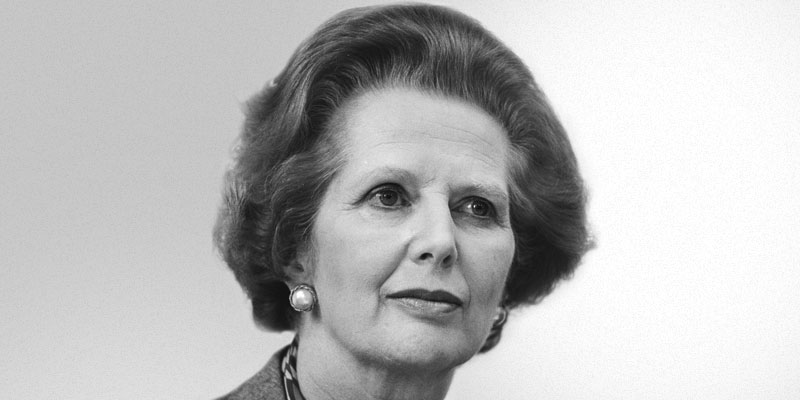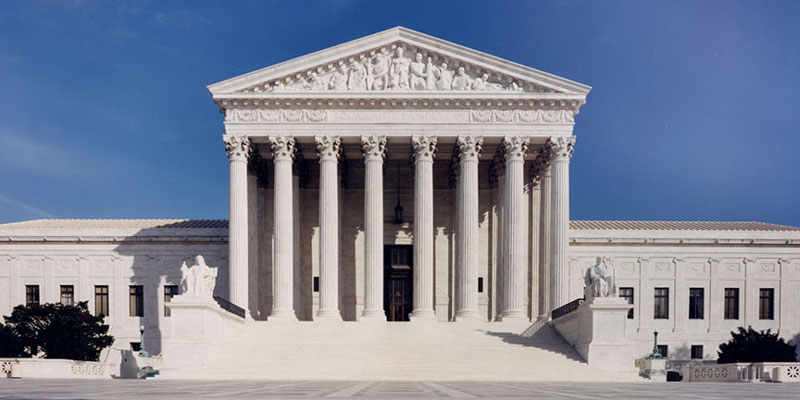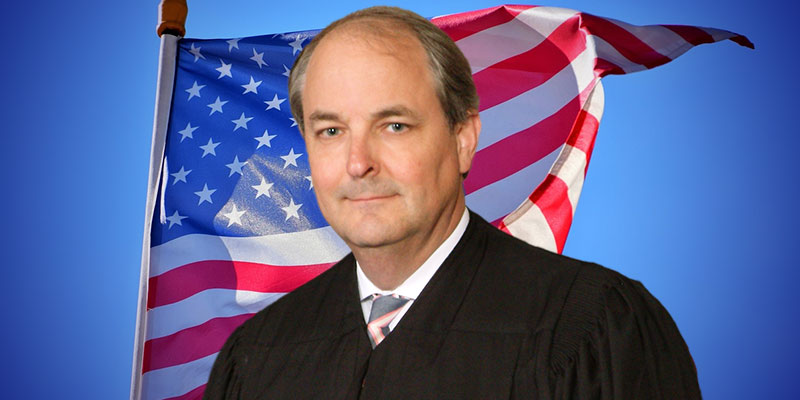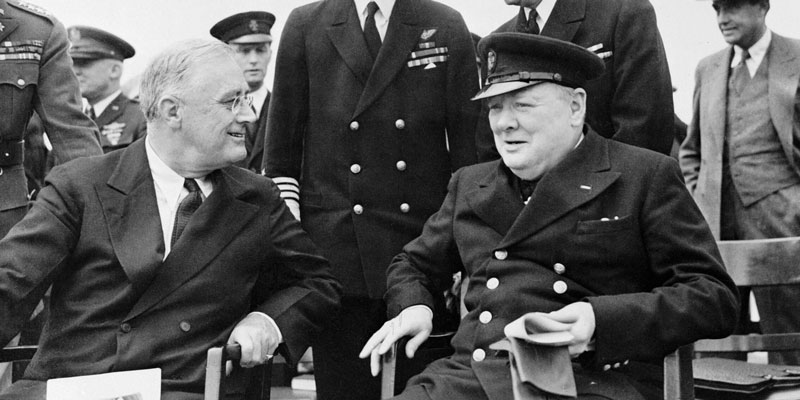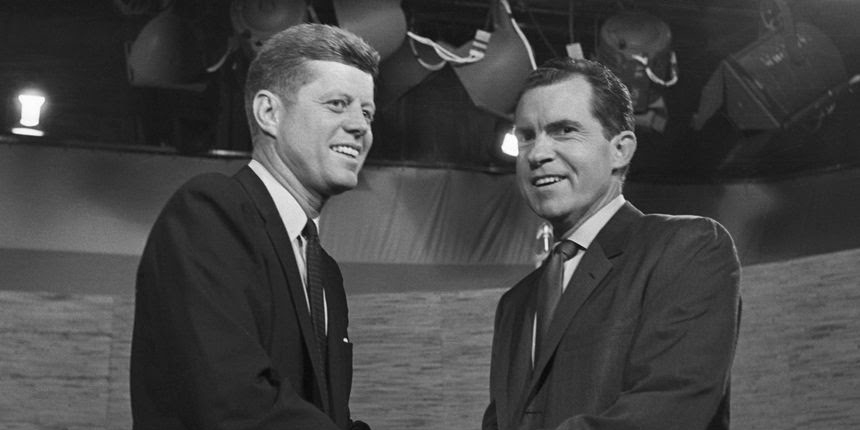All beginnings are hopeful, but 50 years ago the future of the Conservative Party in Great Britain was dismal. Their leader, Edward Heath, had managed to lose two general elections in a single year — far from an auspicious beginning.
Sensing rumblings among his fellow Conservatives in Parliament, Heath decided to confirm his position as party leader, and to do this, he would convene the party and hold an election. His assumption was that the malcontents would have an opportunity to put up or shut up, but he would win and emerge as the validated and authenticated leader of the opposition.
Heath didn’t take seriously a 49-year-old member of Parliament who had previously served in his cabinet, but why should he? Margaret Thatcher was hardly a household name, had little constituency within the party, and didn’t really fit the model of a leader of the Conservatives. She had not served in the military nor was she educated at the all-male schools that created bonds among graduates from shared experiences in the classrooms, playgrounds and battlefields.
Her background was that of a lower-middle class daughter of a greengrocer, a shopkeeper who plied his trade in the not so fashionable Grantham in Lincolnshire. Religiously, she was a non-conformist, attending a low-church Methodist congregation with her father as a lay preacher.
If those deficiencies in background were not enough, the biggest strike against her success and perhaps the one thing that made her so non-threatening was that she was a woman. In the Britain of 1975, she was not a progressive women’s liberation advocate but reveled in her traditional role as a wife and mother. Thatcher would even remark that she did not believe that in her lifetime a woman would ever be Prime Minister.
No doubt others had the same thought, but when she decided to challenge Heath as party leader something changed. She developed a new confidence that was less of an internal pep talk, and more of a vented frustration in seeing a vacuum in ideas that resulted in a listless party that she could fix.
England was in bad shape. Its economy was in the doldrums, unemployment was high, and no government policy appeared capable of bringing Britain to prosperity. The welfare state that had been sufficient in the post-war years was collapsing under its own weight, which, in starker terms, meant the Socialists had run out of other people’s money.
Embarrassingly, the British government was forced to rely on loans from the International Monetary Fund, all conditioned on drastic measures that were as unpopular as they were conducive to recovery.
The country needed new ideas to resuscitate the economy, and while Heath had tried, he had failed miserably. Lady Thatcher’s challenge demolished his assumption that he was the only option for leadership. The party elites ignored Mrs. Thatcher believing she had no chance and would never be more than a junior minister, relegated to serve in areas more befitting a woman, such as education or perhaps family welfare.
Thus, it would shock the party when Margaret Thatcher, the demure, non-descript mother of two would outpoll the former Prime Minister and Party Leader. No one saw it coming. Only a single newspaper openly supported her. But even though she had received more votes, Thatcher had not received the super-majority required for outright election, which meant she would have to endure a second ballot.
After her initial victory, other members of her party coalesced around her. Stung by losing and to avoid further humiliation, Heath withdrew. Others entered the race, but on the second ballot, Thatcher would receive an overwhelming vote. To the consternation of the old boys of the Tory Party, a woman would now lead them in Parliament, and from that point on, Thatcher never looked back.
She embraced her leadership role and began articulating ideas that she argued would restore Britain economically and internationally. She challenged the death grip that trade unions held on all aspects of the country and spoke often of the inefficiencies imposed by the industrial policies of nationalized businesses that stifled competition and retarded growth.
While advocating for a new economic policy, Thatcher saw how high taxes and government regulation squelched entrepreneurship and economic development. It became increasingly clear that government was a constraining influence on prosperity, and she became determined to release Britain from its fetters and the inefficiencies of unions that refused to accept automation and embrace progress.
But a half-century ago, Margaret Thatcher was only the opposition leader. If she truly wanted to effect change and bring her country to prosperity, she must reform her party with new ideas to capture the majority and become Prime Minister.
At first, she did not easily fit into her role. If Thatcher was too strident and overly critical in her opposition to the Labour Party, she would be criticized as too abrasive, but when she challenged any policies too meekly or failed to detail the excesses in opposition, critics labeled her rhetoric as uninspired.
Refusing to relent, Thatcher advocated for a de-centralized government that freed individuals and businesses to act in pursuit of liberty and self-interest, and the more she spoke, the more her ideas made sense and the more the inadequacies of the Labour Party proved her right.
As the economy worsened from failed solutions, Lady Thatcher’s ideas were reconsidered by the public. They realized the status quo could not create economic growth; and the prosperity of a vibrant Empire became a distant memory.
Finally, when the Labour Party called a general election, Margaret Thatcher won, and on the strength of her ideas, she charted a new direction for the United Kingdom as Prime Minister. From that point on, she led Britain to staggering growth and restored it to a prominent place on the world stage.
Margaret Thatcher started a movement of limited government, freedom of the individual and private ownership. Fifty years later, the recipe still works with the right cook in the kitchen.
Will Sellers is a graduate of Hillsdale College and an Associate Justice on the Supreme Court of Alabama. He is best reached at [email protected].




